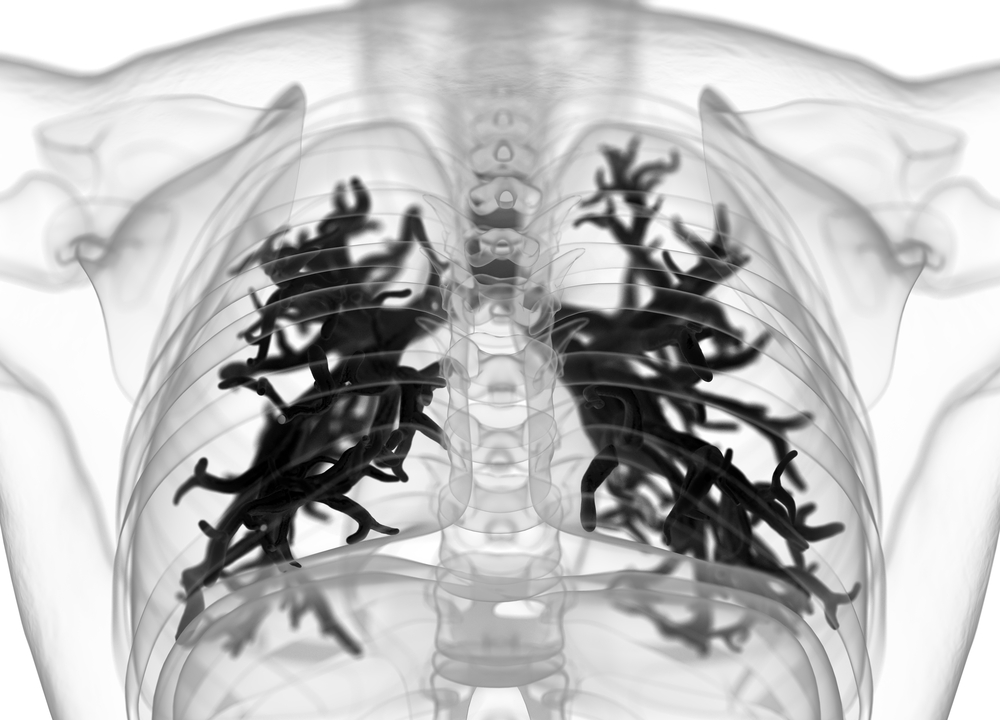
Bronchitis and Pneumonia are respiratory infections that can cause coughing, chest congestion, shortness of breath, and fatigue. Early evaluation is important to prevent complications, especially in older adults, young children, and patients with asthma, COPD, or weakened immune systems. Our urgent care provides same-day evaluation, testing, and treatment with no appointment needed.
What Is Bronchitis?
Bronchitis occurs when the airways in the lungs become inflamed, often due to viral infections. Symptoms may include:
• Persistent cough (dry or productive)
• Chest congestion or tightness
• Wheezing
• Fatigue
• Mild fever or sore throat
Acute bronchitis usually improves within days to weeks, while chronic bronchitis may require ongoing management.
What Is Pneumonia?
Pneumonia is a lung infection that can be viral or bacterial. It causes inflammation in the air sacs and can lead to more serious illness. Symptoms may include:
• Persistent cough
• Fever or chills
• Shortness of breath
• Chest pain when breathing
• Fatigue or weakness
• Loss of appetite
Bacterial pneumonia may require antibiotics, while viral pneumonia focuses on supportive care and symptom management.
On-Site Evaluation & Testing
Our urgent care offers:
✓ Physical lung examination
✓ Oxygen saturation monitoring
✓ On Site Chest X-ray
✓ Viral testing (Flu, COVID-19, RSV)
✓ Antibiotic evaluation for bacterial infections
X-Rays (On-Site) for Pneumonia & Lung Conditions
Chest X-rays are commonly used to evaluate lung infections such as pneumonia, especially when symptoms include:
• Fever or chills
• Persistent cough
• Chest discomfort
• Shortness of breath
• Fatigue or weakness
Chest X-rays can help differentiate viral vs. bacterial causes and determine if additional treatment is needed.
Treatment Options
Treatment depends on the cause and severity:
Bronchitis:
• Inhalers or bronchodilators (if wheezing)
• Steroids (if airway inflammation is significant)
• Cough suppressants or expectorants
• Symptom relief and hydration guidance
Pneumonia:
• Antibiotics for bacterial pneumonia
• Antivirals when eligible for viral infections
• Steroids or bronchodilators in select cases
• Close monitoring of oxygen levels
When to Seek Medical Care
Visit urgent care if you have:
• Persistent cough lasting more than a week
• Fever or chills
• Shortness of breath
• Chest discomfort when breathing
• Wheezing or difficulty catching breath
• Fatigue impacting daily activities
Seek immediate care if symptoms worsen or breathing becomes difficult.
If you’re experiencing Bronchitis and Pneumonia symptoms, we can help you feel better quickly.
To schedule an appointment, please visit our appointment page or call us at (352) 399 2422 for assistance.
Frequently Asked Questions
Can urgent care treat bronchitis?
Yes. We evaluate and treat bronchitis and provide medications such as bronchodilators, cough suppressants, or steroids when appropriate.
Can urgent care treat pneumonia?
Yes. Mild to moderate pneumonia can be evaluated and treated. Severe cases may require imaging or hospital care for oxygen support.
What are common symptoms of bronchitis?
A persistent cough, chest congestion, wheezing, and fatigue are common signs of bronchitis.
What are symptoms of pneumonia?
Pneumonia may cause cough, fever, chills, shortness of breath, chest pain, and fatigue. Symptoms may be more severe than bronchitis.
Do bronchitis or pneumonia require antibiotics?
Bronchitis is often viral and does not always require antibiotics. Bacterial pneumonia typically does and is treated with prescription antibiotics.
Should I seek medical care for a persistent cough?
Yes. A cough lasting more than a week, or associated with fever or breathing difficulty, should be evaluated.
Can children be treated for bronchitis or pneumonia?
Yes. We evaluate and treat children as well as adults.
Do I need an appointment?
No. At American Urgent Care and Walk-In Clinics, you can walk in anytime during clinic hours.



